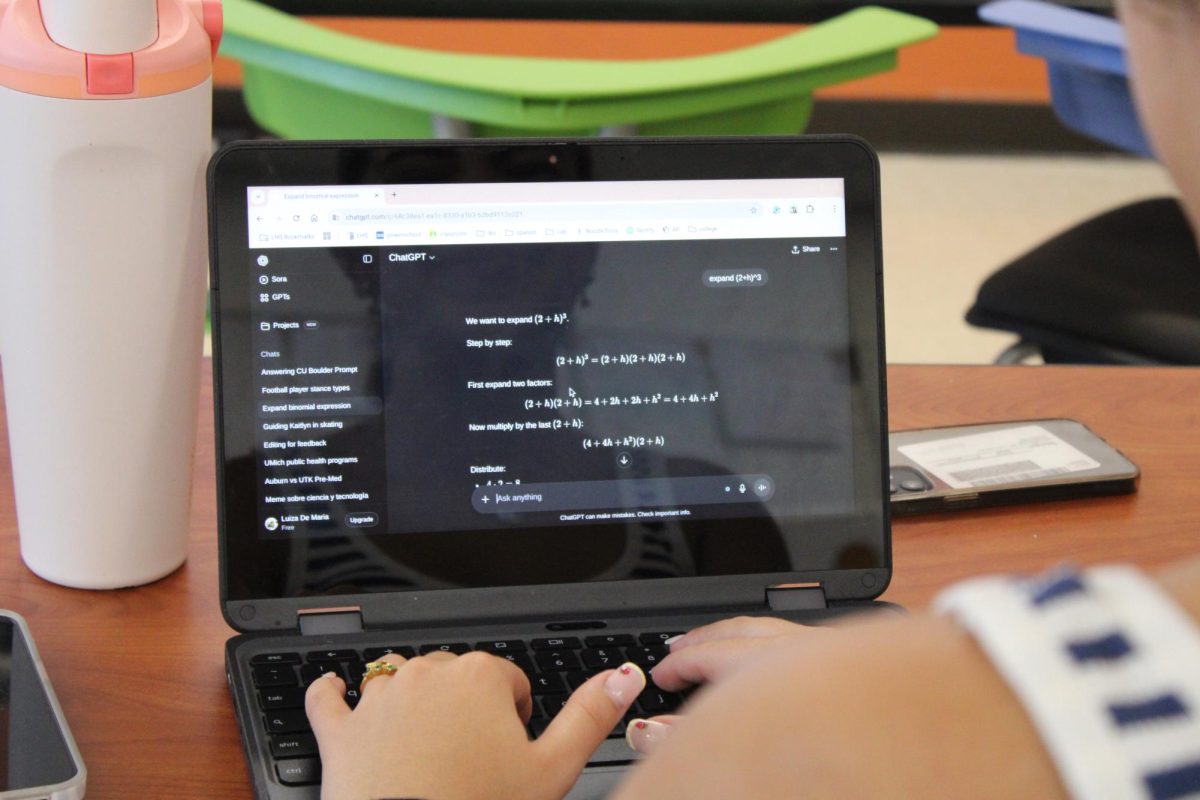
In March of 2014, a report issued by the Centers for Disease Control and Prevention indicated that approximately 1 in 68 U.S. children is currently diagnosed with autism, a 30% increase from 1 in 88 in 2012. The world’s leading autism science and advocacy organization, autismspeaks.org, calls autism “the fastest-growing serious developmental disability in the United States” to date.
John Karahalios, a junior at LHS, is among that number.
When Karahalios was around the age of three, he was deemed clinically autistic.
Children with autism experience neurobehavioral impairment associated with delayed language and communication skills. Everyday tasks such as interpreting facial expressions or using abstract concepts, while they may seem intuitive to most, can be extremely difficult for a person with autism. A pediatric neurologist at Condell hospital made Karahalios’ official diagnosis.
“It’s a sinking feeling, and for a brief moment, you feel like whatever dreams you once had for your child may not be the way they play out. And as a mom, nothing is more crushing than that. But then you quickly realize that this is the hand you’re dealt, that it’s OK; that you just have to work with it and march forward and everything will turn out beautifully. And most of all, all those dreams you once had can still come true,” said Ms. Kristin Karahalios, John Karahalios’ mother.
The Autism Spectrum, as it is officially titled, spans the entirety of autism severity and character. On one end of the spectrum are those individuals who will most likely remain nonverbal and unable to communicate for the rest of their lives, and, as Ms. Karahalios put it, on the other are those who may just seem a little awkward at a party. Karahalios is classified as “high functioning” autistic, which means that while he lacks the normal ability to communicate in a social environment, his mind is otherwise fully functional and there are very few boundaries which he can not supersede.
Veritably, one of the most trying aspects for those on the spectrum is the ability to read implicit communication cues. Simply stated, common conversational habits, such as one’s tone of voice or body language, are not easily understood; a person with autism may hear the phrase “Yea, right!” and fail to detect the sarcasm.
“I am now learning that most communication comes through the eyes, or that if someone looks uninterested in what you’re talking about, you can’t just go on and on about the same thing. Socializing has always been hard for me, especially detecting the nonverbal signs. That is definitely the biggest struggle, and it’s something I deal with every day,” Karahalios reflected.
That being said, Karahalios has made remarkable strides. By the cooperative effort of his resource case manager, speech pathologist, and his own personal drive, as of his junior year, Karahalios is no longer in need of a one-on-one aid. He has also opened himself to approaching new people and to hanging out with friends on a more regular basis, which, prior to LHS, Karahalios was unable to recognize for its worth.
Ms. Marytherese Durkin, Karahalios’ case manager and education specialist at LHS, commented on Karahalios’ progression:
“When he came here, he could have cared less about making friends. Now, that part of his life is important. The windows aren’t foggy anymore, they’re clear and he can see through them and he can see what he wants on the other side and go and get it.”
Another key component to the autism spectrum is an absence of atypical, nonlinear reasoning.
“When I sit down to work on a creative project, it can be very intimidating. I don’t know how long it’s going to take or how many steps are required or how I’m going to complete it. I’d much rather work on something that I can easily get done, like math; you don’t have to be in a good mood about it, you don’t have to like it, you just have to do it,” Karahalios said.
Characteristic of his persistent demeanor, Karahalios has found a niche that plays to his strengths: accounting.
During the second half of his school day, Karahalios participates in an on-the-job pre-professional program at American Hotel Register in Vernon Hills. Karahalios’ work day, overseen by a job coach, typically consists of processing packages and working on the computer. The program is run by SEDOL, the Special Education District of Lake County, and seeks to provide physically, mentally, and emotionally challenged students with work experience in a real-world environment.
Karahalios cites his job coach as one of his greatest sources of inspiration:
“American Hotel Register has been a great experience for me. My job coach has especially been a big supporter. She is really making sure I know the skills, like sharing the work with someone else. She realizes that those are my struggles and she is actually doing me a favor by putting me in those positions that I don’t really want to be in. She’s opened me up to new things and is getting me ready for the real world”
On the horizon of his senior year, Karahalios has stood to challenge the perception of autism as limiting. Beginning in June, Karahalios will embark on an independent volunteer program at Condell Hospital in which he will work first-hand with patient package processing without the oversight of a job coach. He also currently participates in a weekend mentoring program that seeks to counsel junior-high aged students on the spectrum. Ms. Durkin is a testament to Karahalios’ infinite successes:
“I think too many times people hear the word autism, and it doesn’t always have the best connotation, and then you meet someone like John. And yes, he is an Autistic young man, but he’s a young man first, who happens to have Autism. And that’s just who he is. It defines him, but it doesn’t limit him.”
Despite Karahalios’ lofty personal achievements, the stigma surrounding autism remains ill-informed. According to autismresourcefoundation.org, one of the most common misconceptions about autism is that society “should not expect much from people with autism.”
The same website had this to say in response:
“This is one myth that, in my opinion, truly injures our children. Autistic individuals can achieve great things — but only if they’re supported by people who believe in their potential.”
Karahalios echoes a similar philosophy:
“The statistics show that autism is really increasing and it is important that we all understand each other. It is important that us autistic people understand where you guys are but it’s also important for you guys to understand where we are. If we can learn each other’s perceptions, I think the world can be a better place.”



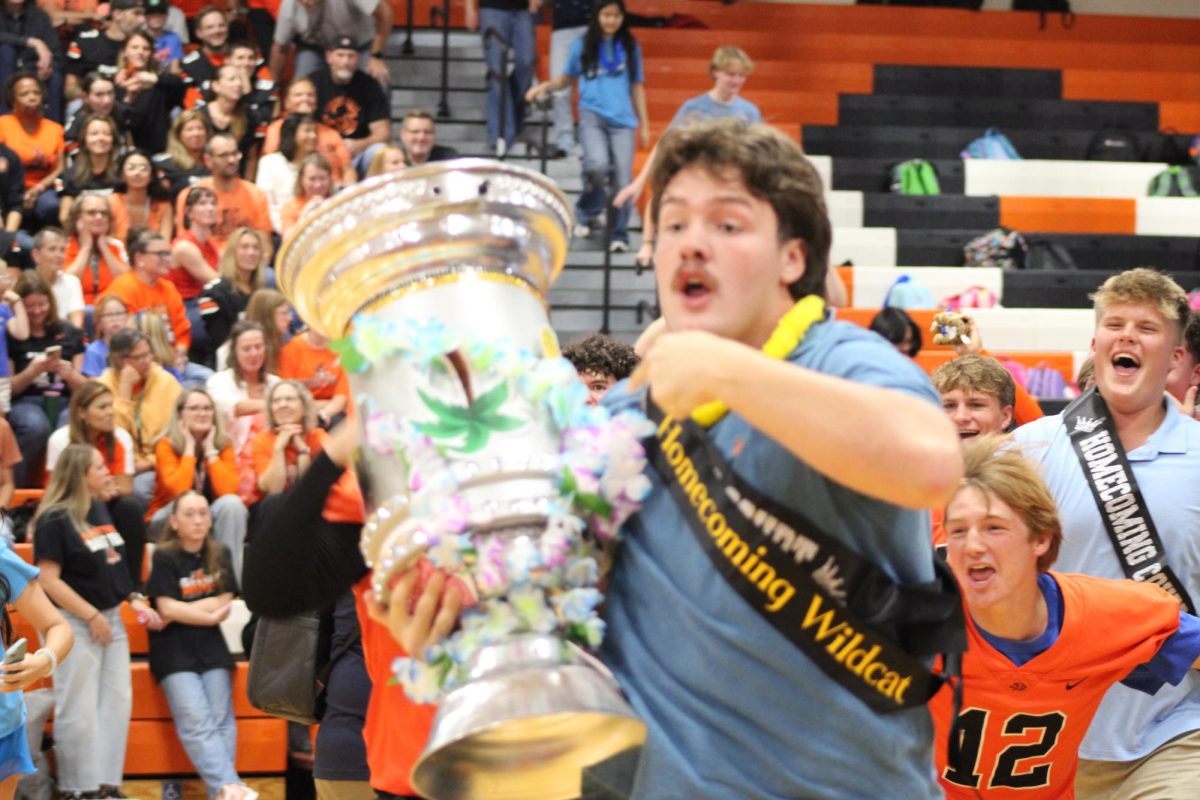

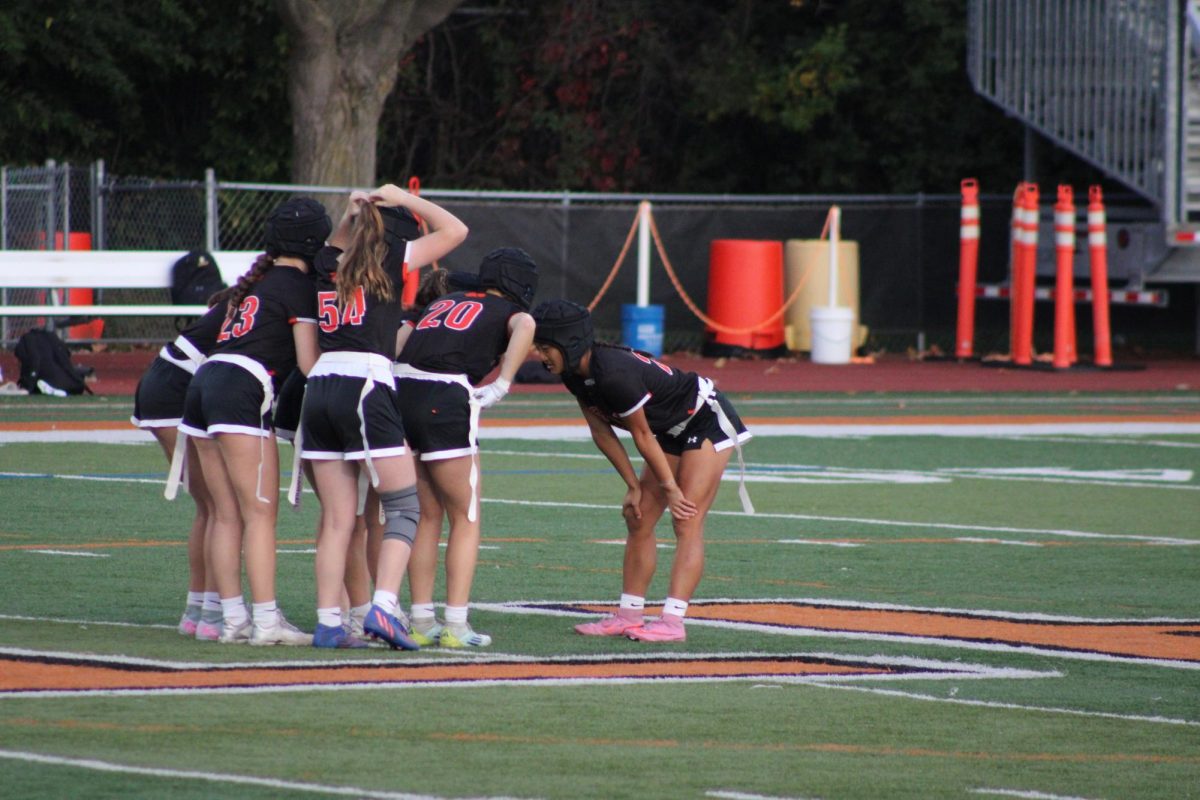
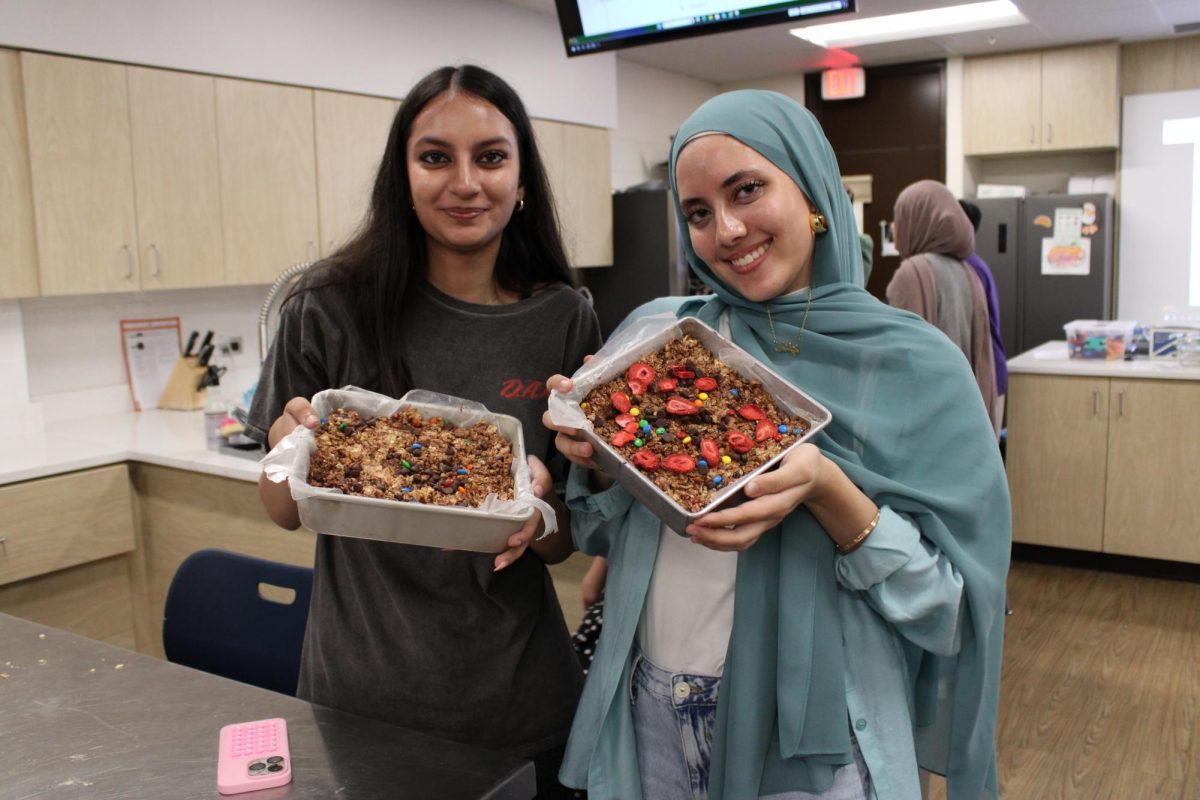
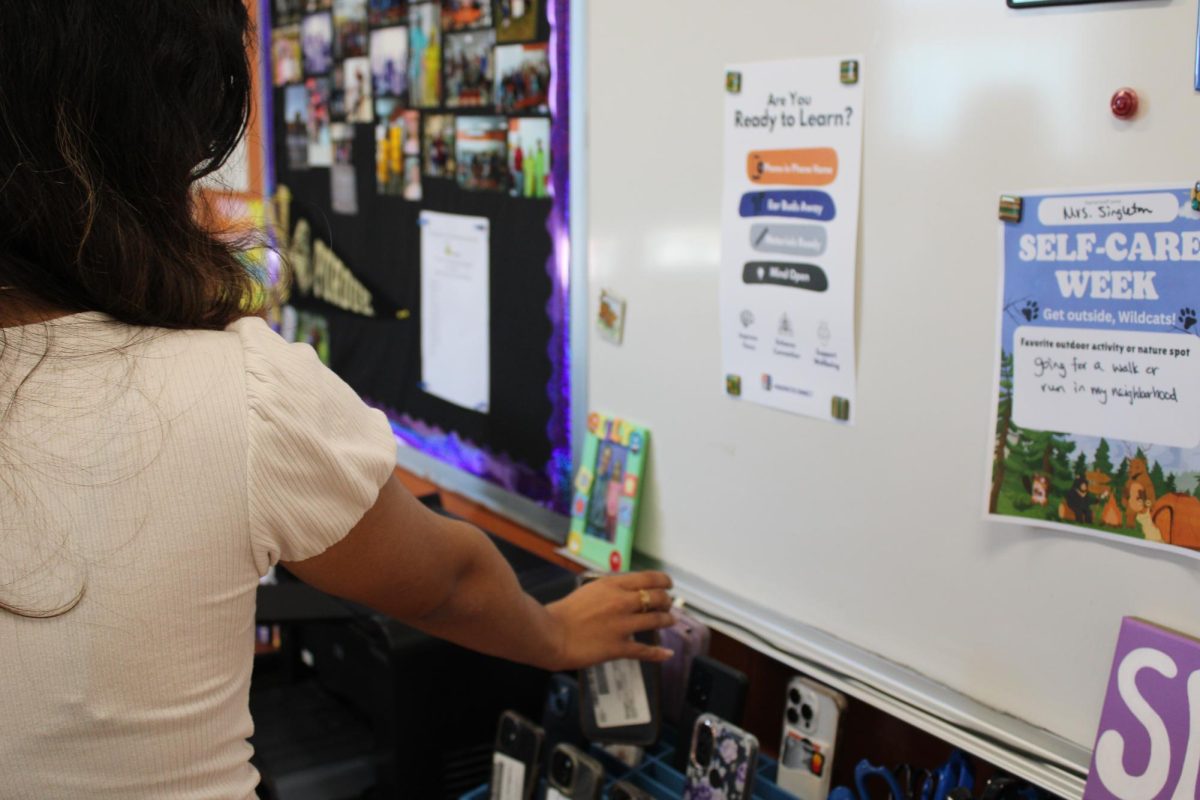
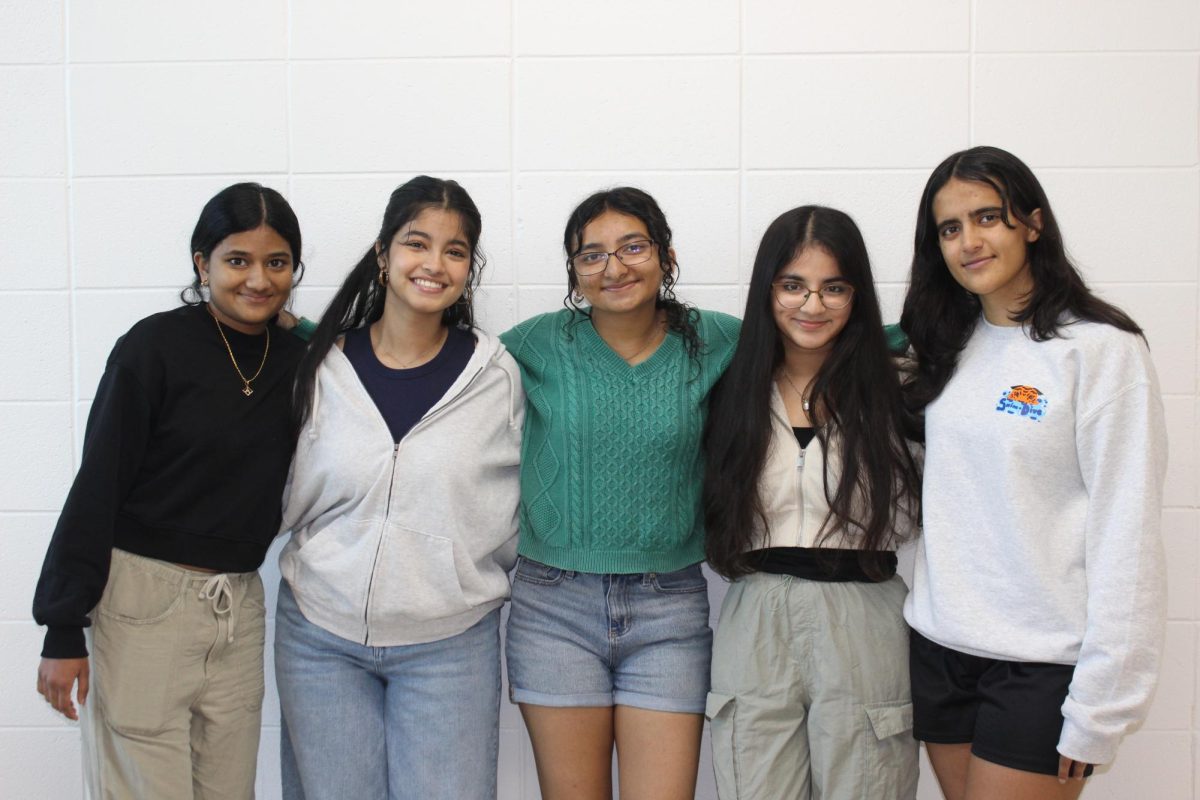

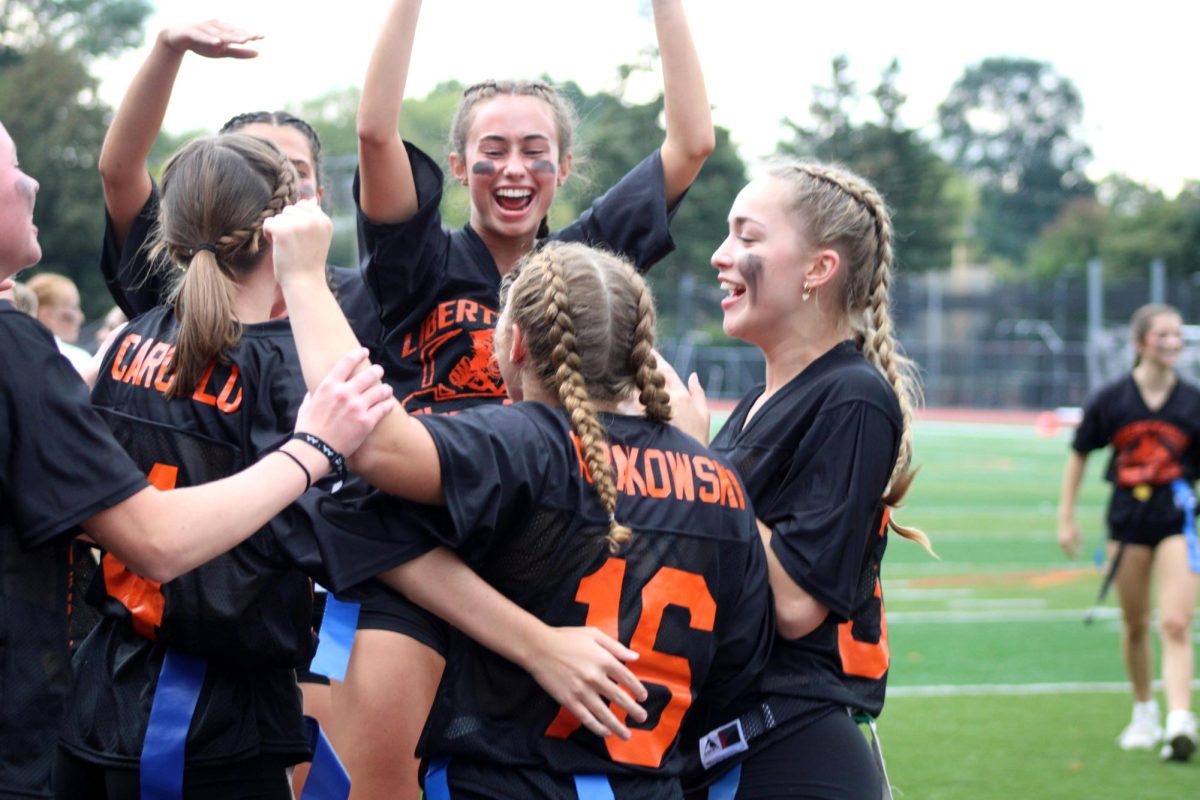
![Wildcats do their pre -race circle that consists of chants and cheers to hype up the team. “I think cross country is such an interesting sport, in the way we're all kind of struggling together at the same time," senior Emme Fogle said. "[We have] comfort knowing that everyone's kind of going through the same thing. It's kind of incredible.”](https://www.lhsdoi.com/wp-content/uploads/2025/09/Screenshot-2025-09-25-3.14.42-PM.png)
